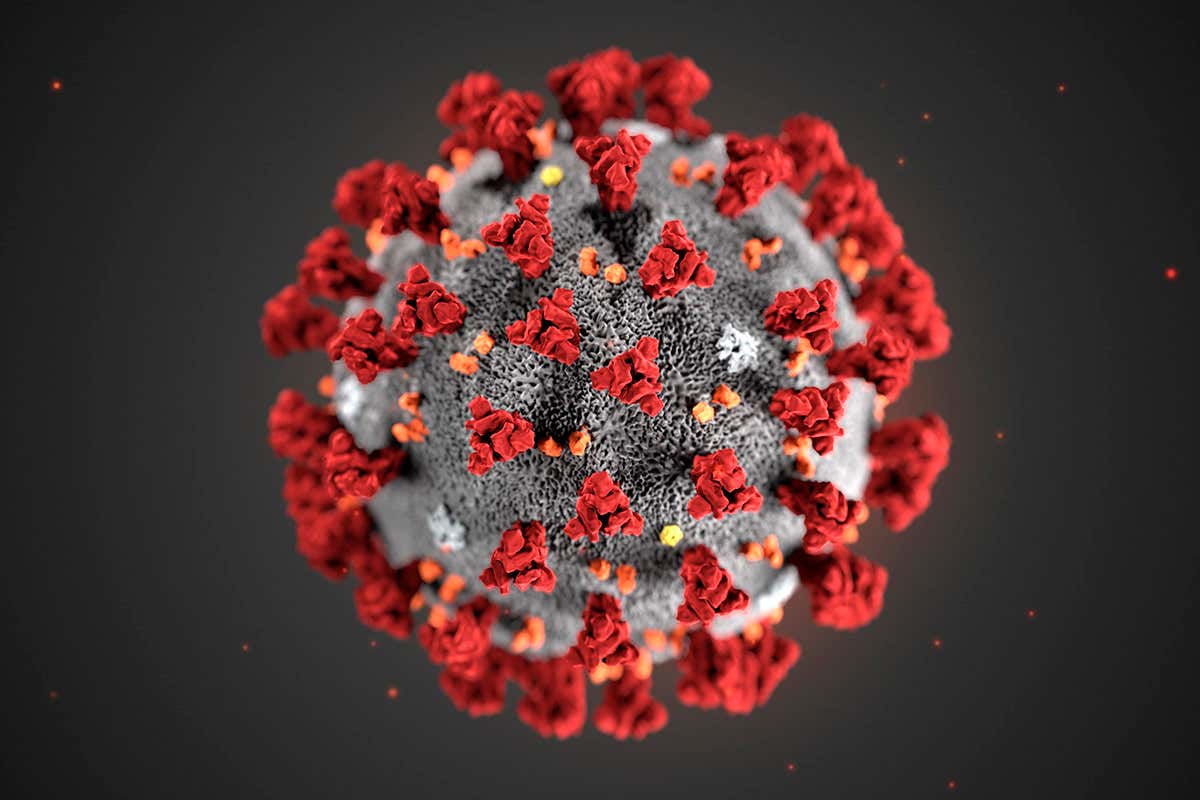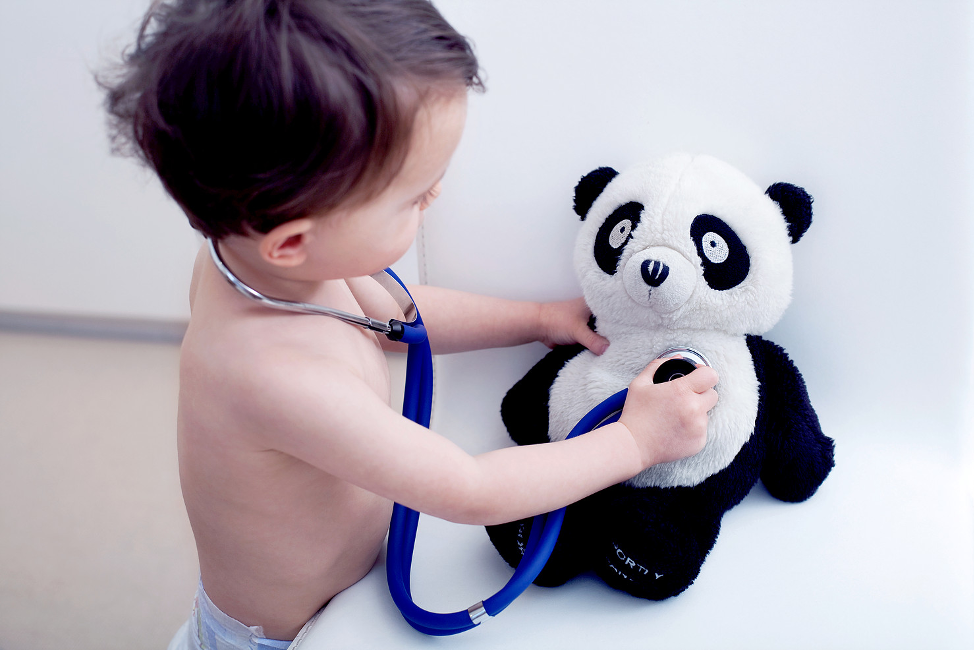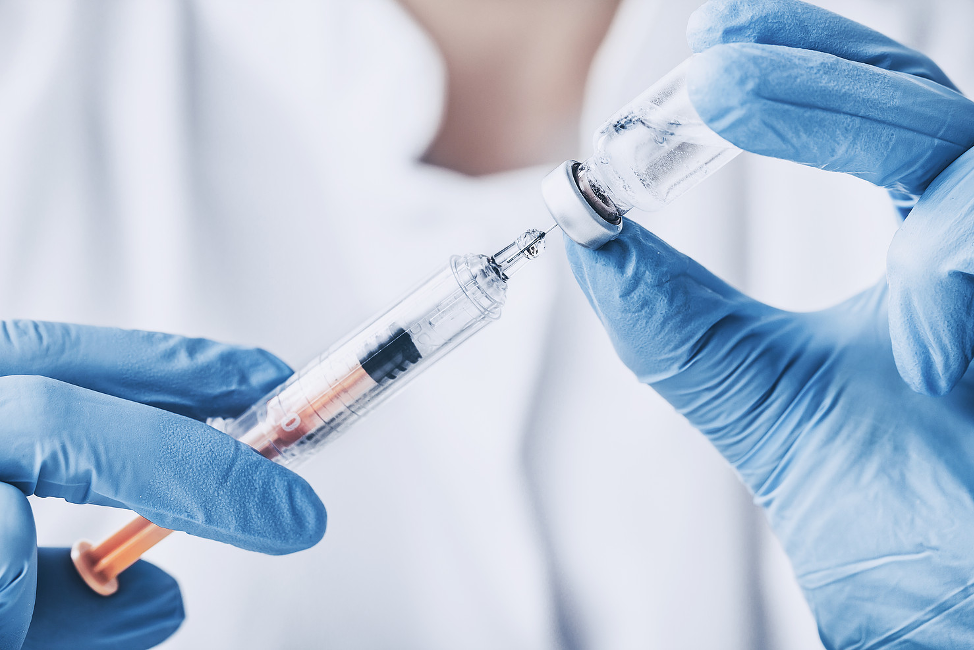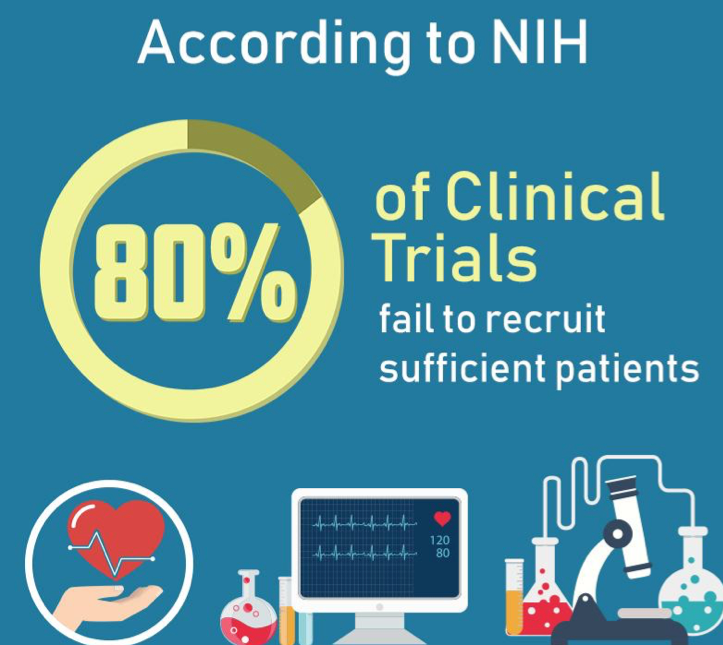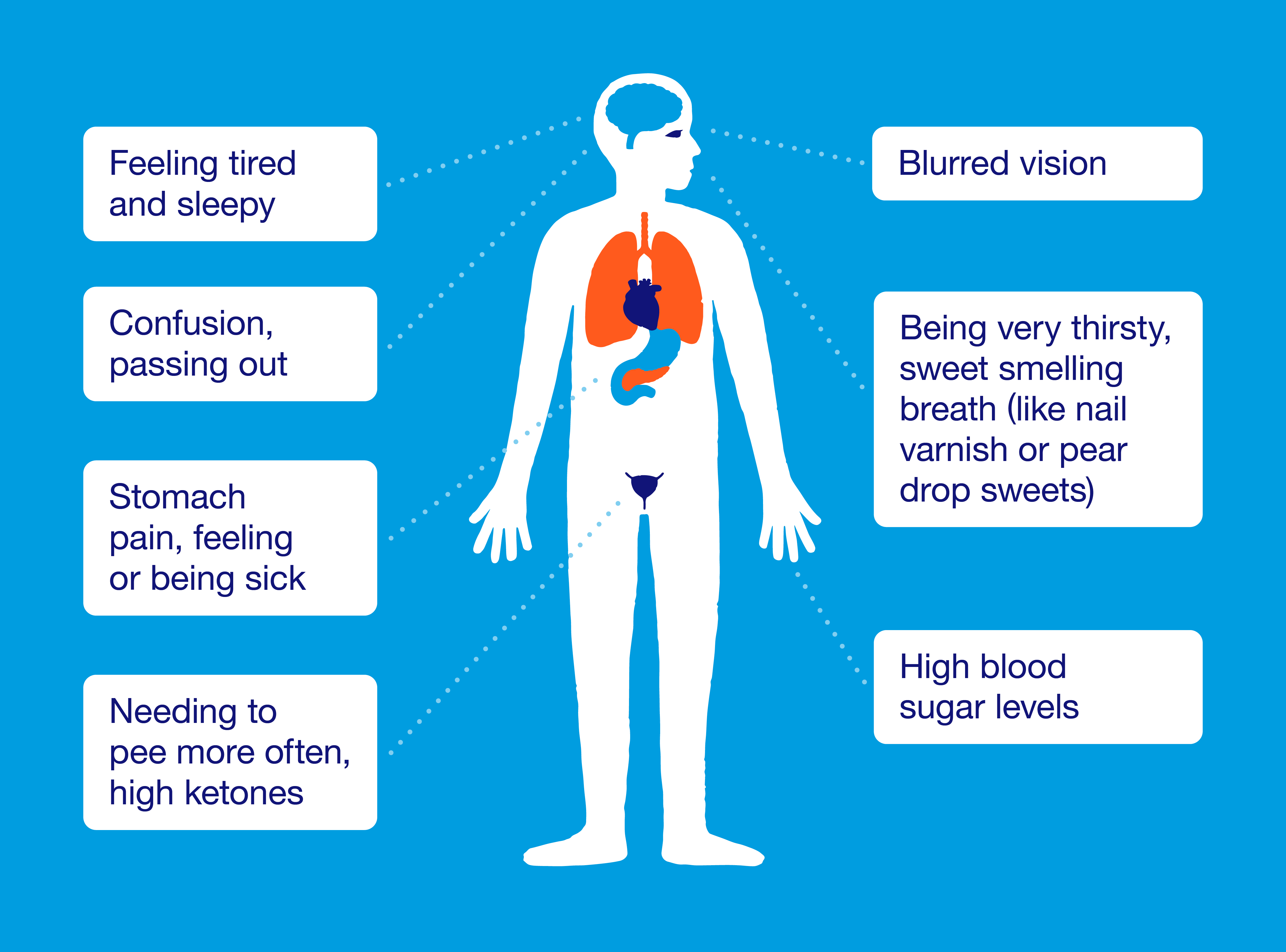
27
Jan,2020
Type II Diabetes
Category: Health Care
Type 2 diabetes is a chronic condition that affects the way your body metabolizes sugar (glucose) — an important source of fuel for your body.
With type 2 diabetes, your body either resists the effects of insulin — a hormone that regulates the movement of sugar into your cells — or
doesn't produce enough insulin to maintain normal glucose levels.
Type 2 diabetes used to be known as adult-onset diabetes, but today more children are being diagnosed with the disorder, probably due to the
rise in childhood obesity. There's no cure for type 2 diabetes, but losing weight, eating well and exercising can help manage the disease. If diet
and exercise aren't enough to manage your blood sugar well, you may also need diabetes medications or insulin therapy.
Symptoms
Signs and symptoms of type 2 diabetes often develop slowly. In fact, you can have type 2 diabetes for years and not know it. Look for:
Increased thirst
Frequent urination
Increased hunger
Unintended weight loss
Fatigue
Blurred vision
Slow-healing sores
Frequent infections
Areas of darkened skin, usually in the armpits and neck
Causes
Type 2 diabetes develops when the body becomes resistant to insulin or when the pancreas is unable to produce enough insulin. Exactly why
this happens is unknown, although genetics and environmental factors, such as being overweight and inactive, seem to be contributing factors.
How insulin works
Insulin is a hormone that comes from the gland situated behind and below the stomach (pancreas).
The pancreas secretes insulin into the bloodstream.
The insulin circulates, enabling sugar to enter your cells.
Insulin lowers the amount of sugar in your bloodstream.
As your blood sugar level drops, so does the secretion of insulin from your pancreas.
The role of glucose
Glucose — a sugar — is a main source of energy for the cells that make up muscles and other tissues.
Glucose comes from two major sources: food and your liver.
Sugar is absorbed into the bloodstream, where it enters cells with the help of insulin.
Your liver stores and makes glucose.
When your glucose levels are low, such as when you haven't eaten in a while, the liver breaks down stored glycogen into glucose to keep
your glucose level within a normal range.
In type 2 diabetes, this process doesn't work well. Instead of moving into your cells, sugar builds up in your bloodstream. As blood sugar levels
increase, the insulin-producing beta cells in the pancreas release more insulin, but eventually these cells become impaired and can't make
enough insulin to meet the body's demands.
In the much less common type 1 diabetes, the immune system mistakenly destroys the beta cells, leaving the body with little to no insulin.
Risk factors
Factors that may increase your risk of type 2 diabetes include:
Weight. Being overweight is a main risk factor for type 2 diabetes. However, you don't have to be overweight to develop type 2 diabetes.
Fat distribution. If you store fat mainly in the abdomen, you have a greater risk of type 2 diabetes than if you store fat elsewhere, such as in
your hips and thighs. Your risk of type 2 diabetes rises if you're a man with a waist circumference above 40 inches (101.6 centimeters) or a
woman with a waist that's greater than 35 inches (88.9 centimeters).
Inactivity. The less active you are, the greater your risk of type 2 diabetes. Physical activity helps you control your weight, uses up glucose as
energy and makes your cells more sensitive to insulin.
Family history. The risk of type 2 diabetes increases if your parent or sibling has type 2 diabetes.
Race. Although it's unclear why, people of certain races — including black, Hispanic, American Indian and Asian-American people — are more
likely to develop type 2 diabetes than white people are.
Age. The risk of type 2 diabetes increases as you get older, especially after age 45. That's probably because people tend to exercise less, lose
muscle mass and gain weight as they age. But type 2 diabetes is also increasing dramatically among children, adolescents and younger adults.
Sign-up today and lets end diabetes.
